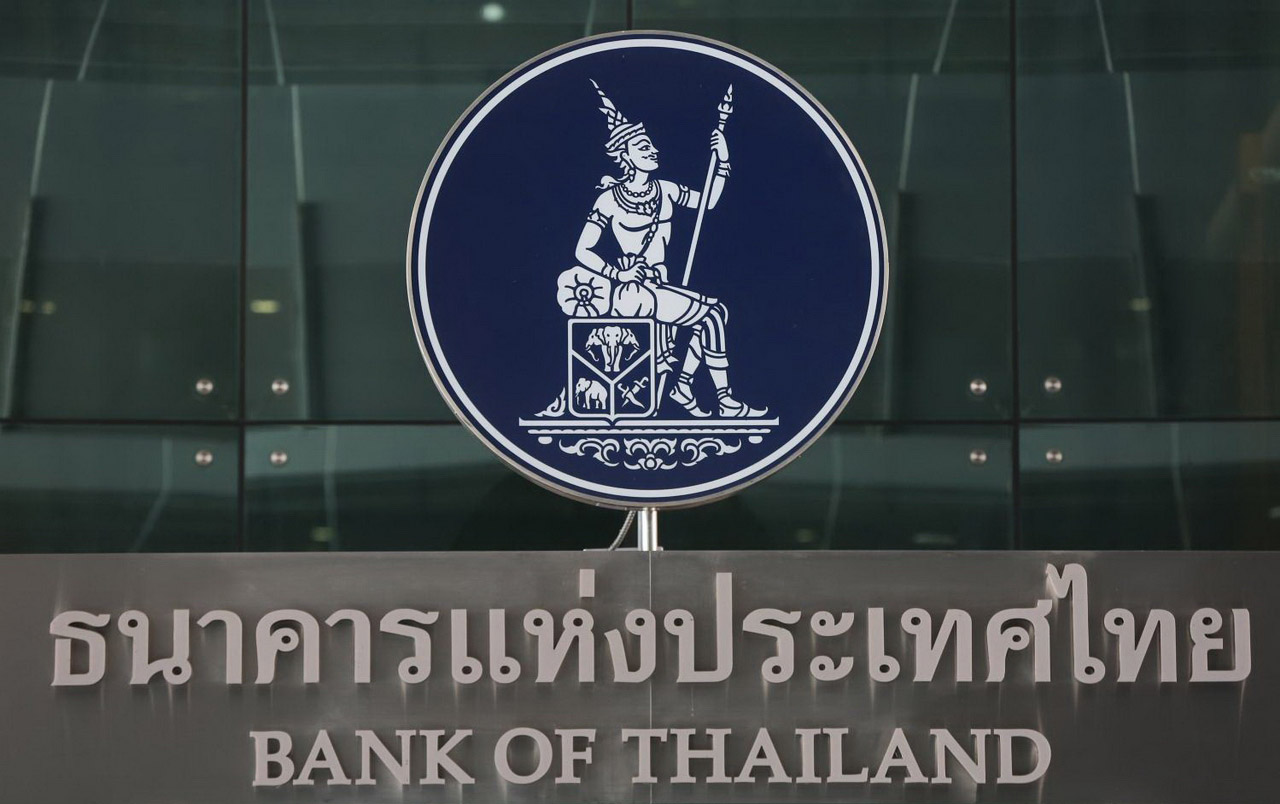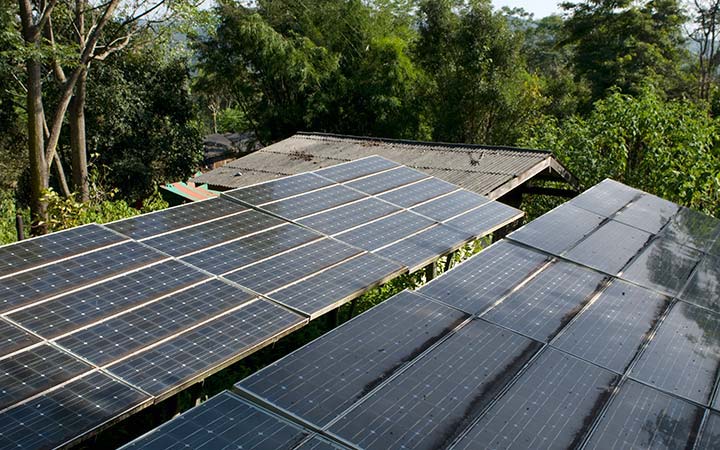With a focus on the energy and natural resources sector, Chandler & Thong-ek Partner Ratana Poonsombudlert answers our questions on Thailand’s M&A present and future
ASIAN-MENA COUNSEL: We understand that the Thai government has launched several government stimulus programmes to boost the Thai economy. Can you comment on how these programmes may affect M&A trends in the country?
Ratana Poonsombudlert: The results of a recent study by a global accounting firm, reported at the November APEC 2015 CEO Summit in Manila, showed that Thailand remains among the ‘Top 10 Countries’ favoured for investment over the next 12 months. Concerns remain, but the government’s various stimulus programmes are producing positive results. This, in turn, has positively affected M&A projects. Of particular interest has been the government’s focus on simplifying many outdated investment regulations, and continuing measures to promote growth in 10 targeted industries, including: biofuels; logistics and aviation; and smart electronics – all sectors in which our firm has extensive experience. We don’t anticipate an investment boom overnight, but over the next six to 12 months, these efforts should produce good results for M&A projects.
AMC: What key countries does Chandler & Thong-ek view as exemplifying current M&A foreign direct investment (FDI) trends?
RP: Our firm is active in representing clients for both inbound and outbound M&A FDI. For inbound M&A, Chandler & Thong-ek frequently represents Japanese investors, and we expect this trend to continue. Based on Board of Investment (BOI) data, there is an expectation that Chinese companies are, and will continue to represent major FDI in Thailand, but Japanese investment is projected to maintain the top position going forward. For outbound work, we know that Thai investors are active in Cambodia, Laos, Myanmar and Vietnam (known collectively as the CLMV countries), and for our firm that work tends to focus on Laos and Myanmar. We have an associated firm, Myanmar Legal Services Ltd., that is very active in handling cross-border M&A transactions in that country.
AMC: Over the past year, what M&A trends have you noted in the energy sector?
RP: Chandler & Thong-ek has experienced a steady flow of energy-related projects over the past 12 months, and in Thailand, projects have been positively affected by recent legislative developments. For example, the Thai government’s project to establish new Special Economic Zones (SEZs), development of ‘Super-Clusters’, the Public-Private-Partnership Fast Track programme and the BOI’s special investment promotion projects. Also, once amendment of the Petroleum Act, and Petroleum Income Tax Act is finalised, we expect to see a further increase in M&A deals. The current drafts enable entrepreneurs to choose between concession and production sharing contract (PSC) schemes, which could catalyse new start-up operations. There has also been a focus in Thailand and across Southeast Asia on renewable energy, particularly on wind and solar projects. And, looking to the future in Thailand, we expect to see a growing interest in biomass-biofuel projects.
AMC: With the ASEAN Economic Community (AEC) commencing at the end of the year, what can Thailand and indeed the greater region’s oil and gas sector anticipate in terms of M&As?
RP: The effects of the commencement of the AEC still remain speculative as member nations continue to struggle to meet mandates set out for each country. In a best case scenario, regional integration will help with eliminating many of the barriers of trade amongst member nations, including in the oil and gas sector. Thailand has been the benefactor, specifically in the automotive industry, of AEC integration that has already taken place. For nations with long established oil and gas sectors, an educated and experienced workforce in those sectors will be in a better position to take advantage of a more open capital market system regionally, as well as from the transfer of skilled workers among member nations. There remains some doubt, however, in the private sector in many AEC nations, that the planned integration will be possible. This is mostly due to member states being very different in terms of bureaucracy and levels of economic development.
AMC: Will some sectors in ASEAN see more M&A activity than others, both long and short term? What factors will influence this?
RP: The need for greater connectivity will drive change after implementation of the AEC at the end of this year. Perhaps at the top of the list will be the expansion of broadband access and increased participation in a new ‘digital economy’. In Thailand, we have already experienced M&A growth in the e-commerce sector, and anticipate this will continue. Implementation of mega-infrastructure projects is also an area to watch; at least five major railway projects will launch in Thailand in 2016, with support from the government’s Public-Private-Partnership (PPP) scheme. Growth in logistics businesses is likely, and we have observed this trend in 2015. With Thailand considered the centre of regional integration after AEC implementation, the government’s Business Development Department anticipates a hefty increase in new company registrations. If these projections develop, we can anticipate a commensurate increase in M&A projects.
 |
AMC: You have experience drafting and negotiating in both English and Thai. Do you foresee Thailand becoming more international over the coming five-to-10 years and therefore use of English in drafting and negotiating becoming more common?
RP: In anticipation of the expansion of business from AEC countries, especially more investment from Singapore, all documentation expected from law firms will be in English, with few exceptions. Here, the Thai language will continue to be the official language required in dealing with most regulators, and company, land and mortgage documentation. Reviewing all Thai documents and providing input on all relevant information will still be the main stream of work for Thai lawyers. However, we anticipate the emergence of international law firms in particular, and penetration into Thai legal markets by foreign firms will continue.
AMC: Natural gas provided 64 percent of Thailand’s energy demand in 2014. According to the country’s Power Development Plan for 2015-2036, the contribution of natural gas will fall to 30-40 percent in 2036. What sort of hurdles will this create and how do they compare to those of, say, nuclear power, which is more easily stored?
RP: Reserves of natural gas in Thailand are diminishing, and no solution is in sight for unlocking reserves in the overlapping area with Cambodia. However, under the Ministry of Energy’s Alternative Energy Development Plan (AEDP 2015-2036), renewable energy will provide up to 30 percent of energy consumption in 2036. As well, fuel diversification is a key principle in the Ministry’s Power Development Plan 2015 (PDP 2015). Fuel diversification under this plan includes:
- Reducing fuel dependence on Natural Gas;
- Increasing the fuel mixed proportion for Clean Coal Technology;
- Including a higher proportion of imported power from neighbouring countries;
- Improving renewable energy sources percentage in fuel mix; and
- Including nuclear power plant projects (zero to five percent) at the end of the PDP 2015 in 2036
Thus, a plan for fuel diversification is a positive step. At the same time, some other hurdles remain, such as the activity of NGOs in connection with Thailand’s power sector. Further, Thailand has also recently passed a new law allowing class action suits. This may become an important consideration for operators/owners/stakeholders within the power sector – and other industries in the future.



























































 Chandler MHM Limited
Chandler MHM Limited Jessada Sawatdipong
Jessada Sawatdipong







